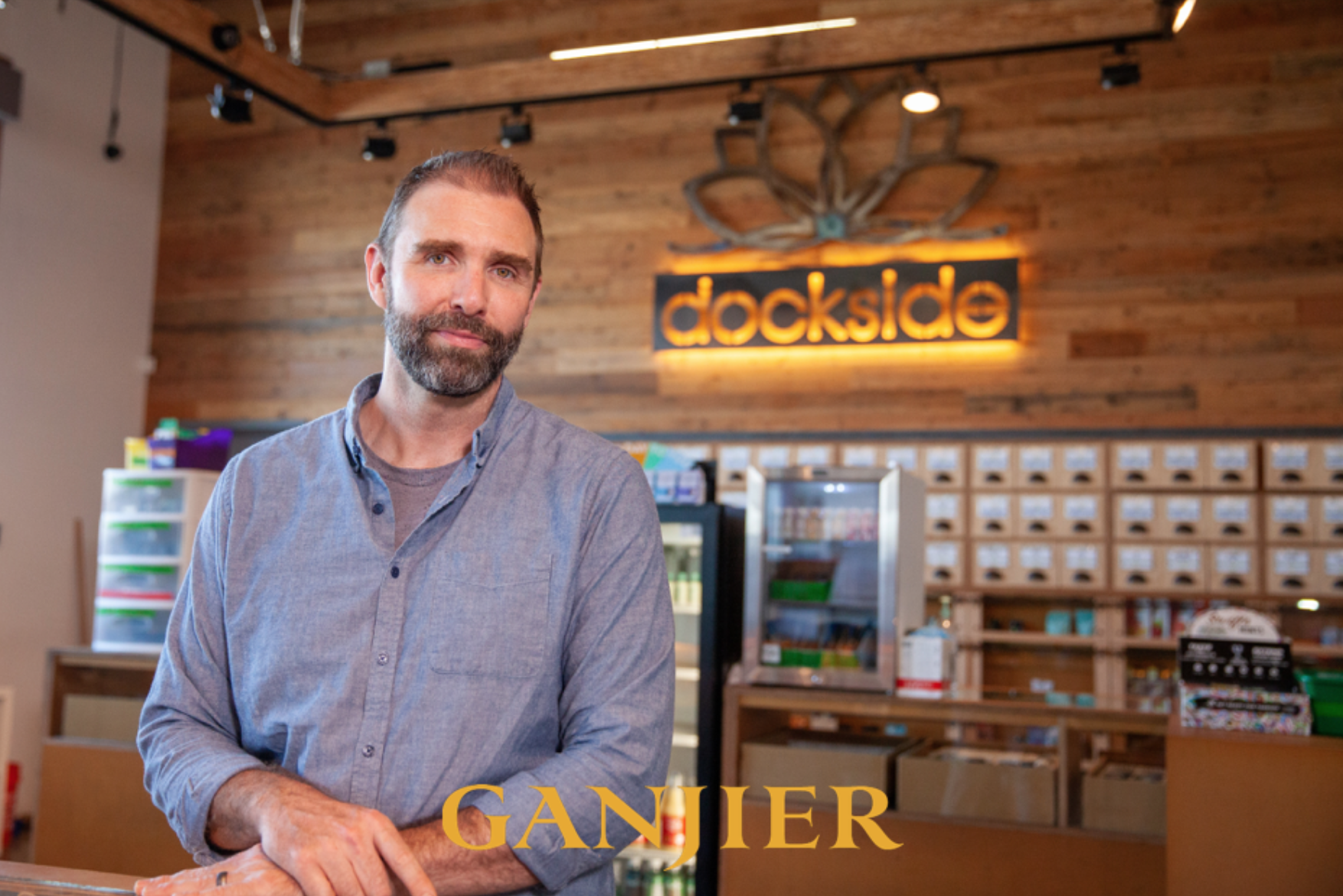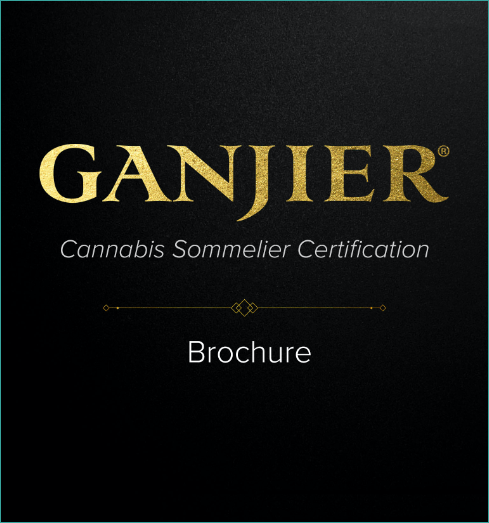Aaron Varney is the co-founder of Dockside Cannabis in Seattle. Since entering the cannabis industry, he has successfully co-launched multiple state-licensed retail stores under the Dockside design and architectural brand. This vast wealth of experience makes him uniquely qualified to speak on the challenges that people will face when attempting to open a cannabis dispensary.
For over 20 years, Varney has been immersed in cannabis cultivation, medical cannabis education, retail design, and all things that relate to the operational needs of a successful cannabis shop. He has an MBA in sustainable business and is a board member at the Center for Cannabis and Social Policy.
Aaron Varney Teaches The Business of Successful Cannabis Sales
Opening up any type of retail establishment is hard work. Trying to open up a retail location that specializes in a highly regulated commodity, like cannabis, means the work got a whole lot more difficult.
In The Business of Successful Cannabis Sales, Aaron Varney will serve as your guide to navigating the legal cannabis market. This will focus on how to drive sales for your establishment by building a strong supplier network and focusing on customer satisfaction.
We’ll begin by outlining the main considerations for curating and sourcing your inventory. Next, we’ll review best practices and procedures for successfully managing your inventory, and we’ll conclude our course by guiding you in the art of salesmanship – emphasizing how to best tailor your customer interaction in order to maximize sales and build client loyalty.
Excited to take this exclusive online course? Sign up for the Ganjier interest list to be notified first when it goes live.
A Conversation with Aaron Varney
Why did you join the Ganjier Council? Why do you think the Ganjier is important?
The Ganjier Council is a community of lifelong cannabis advocates that are committed to sharing their passion and love for the plant. The Ganjier program is the vehicle to distribute the knowledge and perspectives earned over decades of experience to the broader world and help those that want to deepen their relationship with cannabis and the community that gathers around it. I joined because I share in their passion and love for cannabis.
In regards to what you specifically covered in the Ganjier curriculum, why do you think this knowledge is important for the Ganjier and the health of the cannabis industry?
The knowledge I share is intended to help build an industry that has a strong foundation so that it can continue to grow – one that values quality in all the ways cannabis touches society. Cannabis is, and will, provide opportunities for millions of people to develop themselves and make their communities better. The potential of this plant is realized through sharing what we have learned about building a long lasting cannabis business.
Why do you feel it’s important for people to understand how to assess the true quality of cannabis flower and concentrates? What benefits does this provide to the industry?
True quality provides for a more robust marketplace, as each nuance and quality indicator is a direction that provides opportunities. We’re still solving the mystery of what’s behind the universe of aromas and tastes in cannabis – that alone is its own specialization within the canna-industry. It’s so exciting to be involved with cannabis right now, as we’re becoming more and more aware of how much phytochemical diversity exists in the plant and the amazing ways it interacts with our endocannabinoid system. Knowledge about what makes for flower and concentrate quality drives profound experiences and helps develop cannabis enthusiasts. In order for cannabis to fully be accepted in society and be normalized for patients or consumers, we need enthusiastic people to understand it and develop communities of acceptance around it.
Quality standards elevate cannabis as medicine and makes it more available to those in need, as a lack of accurate information is often the largest hurdle for someone that could really benefit from cannabis – aka you’re loved ones have access to the medicine they need. The rigor and science based approach legitimizes cannabis use – particularly when a standard of quality can communicate the safety of the products at hand. This leads to more acceptance, sales, and long term viability of the industry.
To you, what are some of the most important nuances and elements of truly high-quality cannabis?
You need to understand the chain of quality that links genetic potential of a cultivar to the place it was grown, to the philosophy guiding the hands that touch the plants, to the decisions around packaging and branding, to the way that farmers, processors, and stores show up in the community, to the way staff is valued. All of these elements are part of the story that can be told and consumed, making the overall experience rich and rewarding.
That basket of goodness represents truly high quality cannabis, and I would be remiss to mention the first couple things that draw my attention. A distinctly unique aroma that excites my senses is where I start. While an excellent ‘nose’ can overrule a shabby appearance, I do love a well-formed bud structure, with colors that invite you to take the next step and roll one up. From there, the taste and smoking quality should be smooth. Ultimately, this all adds up to an experience that can transcend stale thinking and bring a satisfied grin to your face. Each unique chemovar can open another door and begin an adventure to know oneself in a deeper way. I think that focusing on quality brings an intention to cannabis. It transforms the act of getting high into a journey that helps people find what truly makes them unique.
Why do you think it’s important to establish a common standardized language in the cannabis industry? Any specific examples that stand out to you most?
In cannabis, we are guides for each other, and a common language helps aid in the process of education and collaboration. Language develops a community around it, which is often the source for innovation and celebration. Also, the ability for customers to have great experiences goes up, as it gets easier for people to find what they’re looking for and how to ask for it. Customers often ask for things that they equate with product quality but aren’t actual drivers of it – like the Sativa/Hybrid/Indica paradigm. If we could transition to aroma categories and have people identify effects with certain aromas, the customer experience could be much richer, and the options to meet their needs would expand dramatically.
Enrollment for the first certified Ganjier class will open in Winter 2020. Capacity is limited. Join the interest list if you want to be among the first Ganjiers to transform the cannabis industry as we know it.


